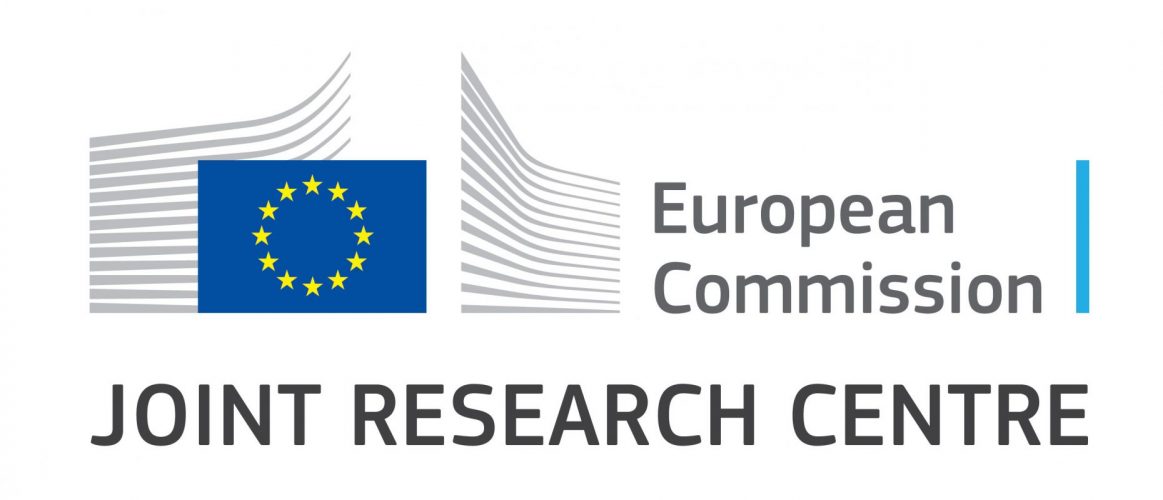Workshop: Inheritance taxation in the EU
SCHEDULE:
09:25 H Welcome
09:30 H Inheritance Taxation: Evidence for the EU
- How inheritances shape wealth inequality in Sweden (David Seim, University of Stockholm),
- INTAXMOD – Inheritance and Gift Taxation in the Context of Ageing (Andreas Thiemann, Joint Research Centre)
- What Happens when Dying gets Cheaper? Behavioural Reactions to Inheritance Taxation (Mariona Mas Monserrat, IEB Associate)
11:30 H Coffee Break
12:00 H Policy Panel: Inheritance Taxation, Inequality and Tax Avoidance with Diego Martínez-López (Pablo Olavide University at Seville, Fedea), Laurent Bach (ESSEC, IPP), Sarah Perret (OECD), Erich Kirchler (University of Vienna) and moderated by Beatriz Ríos (Freelance EU Reporter)
13:00 H Summary and Conclusions
14:00 H Networking Lunch
It is necessary to register to attend. The workshop will be in English.
More information about the event on the web
Registration form
Post-Growth Innovation Lab Seminar: Samer Abdelnour (University of Edinburgh)
Abstract:
Samer Abdelnour will present a recently published paper suggesting that in contexts of violence methodological reflexivity alone is insufficient to prevent researchers from causing harms to vulnerable people and communities. Rather, researchers should embrace ‘political reflexivity’, which can equip researchers to better identify, understand and mitigate harms, and where possible, challenge structures that do the marginalizing. The paper draws on feminist standpoint epistemology and contributes to growing debates about decolonizing research methods.
ECOSOT Group Seminar: Yuan Ju (University of York)
Abstract: This paper introduces a model of typical English housing markets. In such markets, there are many first time buyers, movers, and sellers. Because of financial/locational constraints, most homeowners who wish to move are critically dependent on the sale of their current house. We formulate this problem as a multi-person game-theoretical problem and propose a novel allocation mechanism. We demonstrate that the mechanism always yields efficient assignment of houses, i.e., a core allocation, to market participants within existing constraints, and can improve welfare gains of trade considerably.
International Business and Intelectual Capital Group's Seminar: Nick Zubanov (University of Konstanz)
Anonymous and unannounced site inspections known as “Mystery Shopping” (MS) are common in multi-site service firms, but little is known about the strategic importance of this practice. We conceptualize MS as a tool firms use to implement the optimal allocation of site resources between sales- and service-related activities in the presence of cross-site reputation spillovers, which is to maximize sales while maintaining service standards. Consistent with this strategy, data from three retail chains reveal (i) low variation in MS scores, (ii) little correlation of MS scores with sales, and iii) high correlation of sites’ MS scores with the likelihood of their supervisors receiving incentive bonuses. These findings are robust to different estimation specifications and shed a new light on a ubiquitous yet little-studied management practice.
JRC B2 Seminar: “Did the policy responses to COVID-19 protect Italian households’ incomes? Evidence from survey and administrative data” - Chiara Subrizi & Dalila de Rosa
Abstract:
This paper addresses the economic impact of the COVID-19 pandemic by providing timely and accurate information on Italian households’ income distribution, inequality and poverty risk, assessing the effects of policy responses during 2020. By building a unique and wide database with the latest survey, tax and administrative data at individual and firm level, and by using the micro-simulation model TAXBEN-DF from the Italian Department of Finance, the analysis nowcasts the income loss due to the economic shutdown since March 2020 and simulates most of the interventions adopted by the Government from March to December 2020. Results suggest that policy measures in response to the pandemic have been effective to limit the overall increase in income inequality and relative poverty, not being able yet to avoid a concerning polarization of incomes and large heterogeneous effects in terms of both income losses and measures’ compensation.









